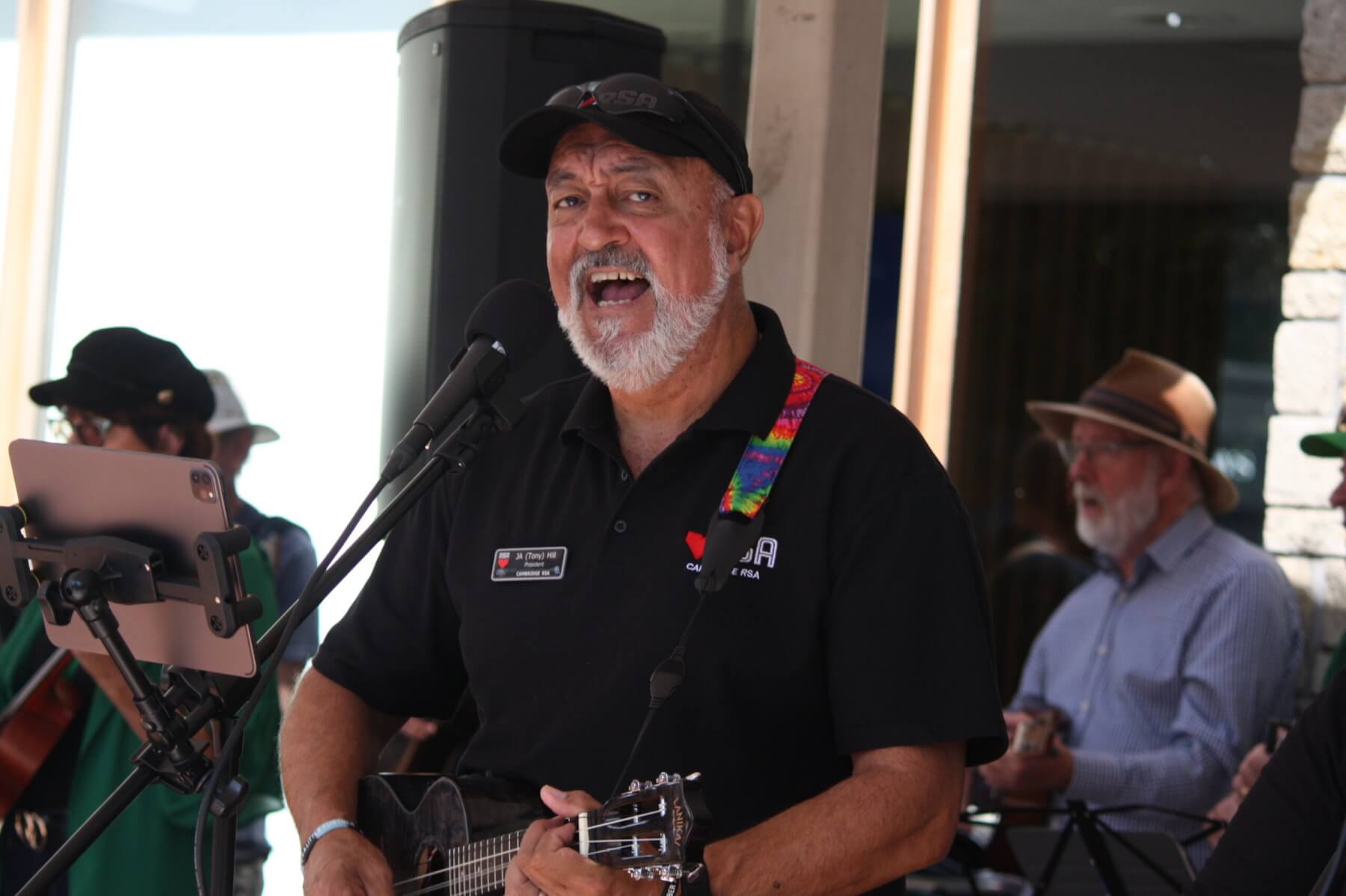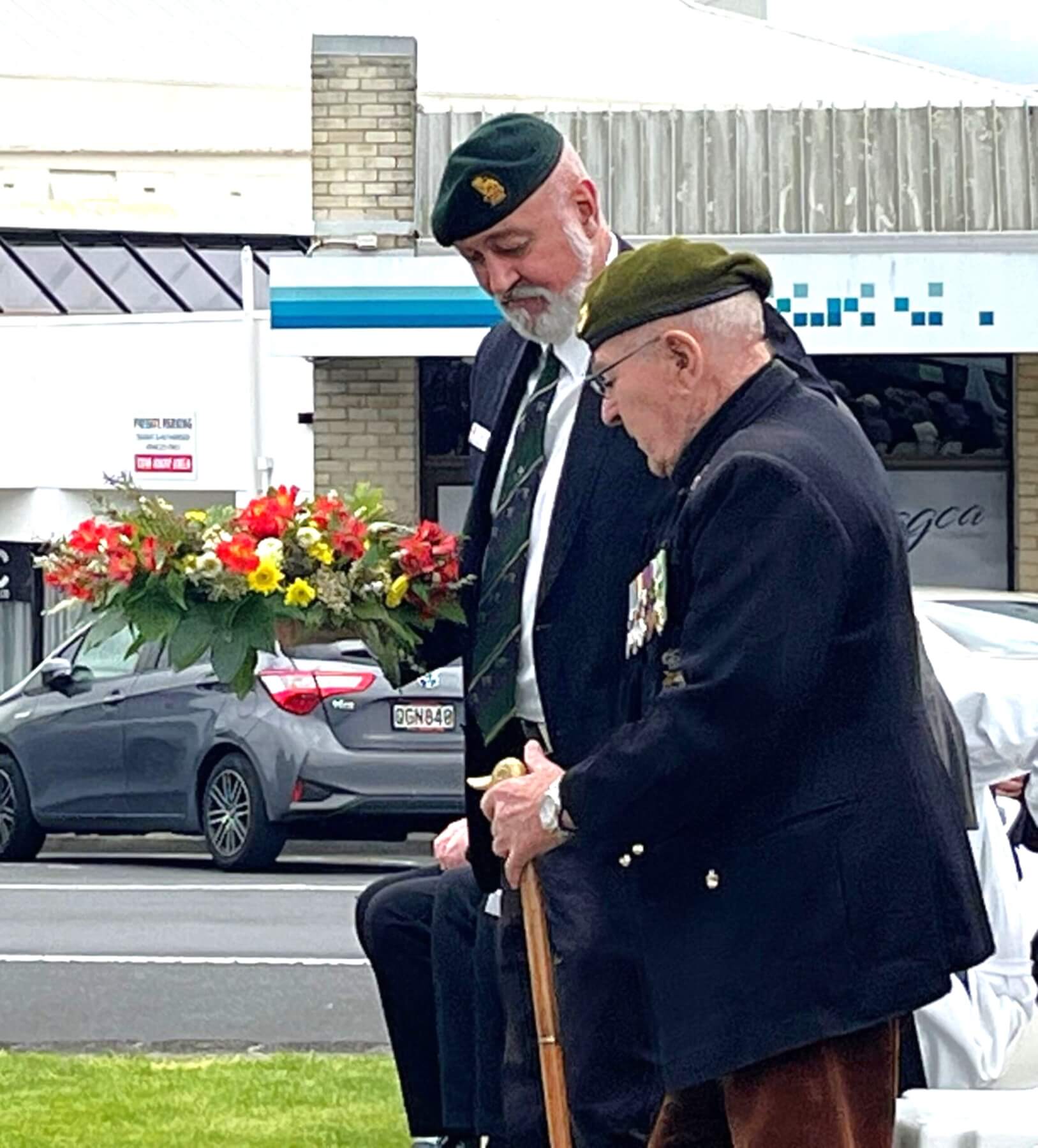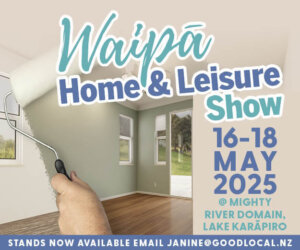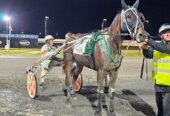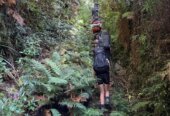Several months into his role as one of two national vice-presidents with the NZ Returned Services Association Cambridge’s James ‘Tony’ Hill MBE is contributing to guiding the organisation to better fit with today’s world.
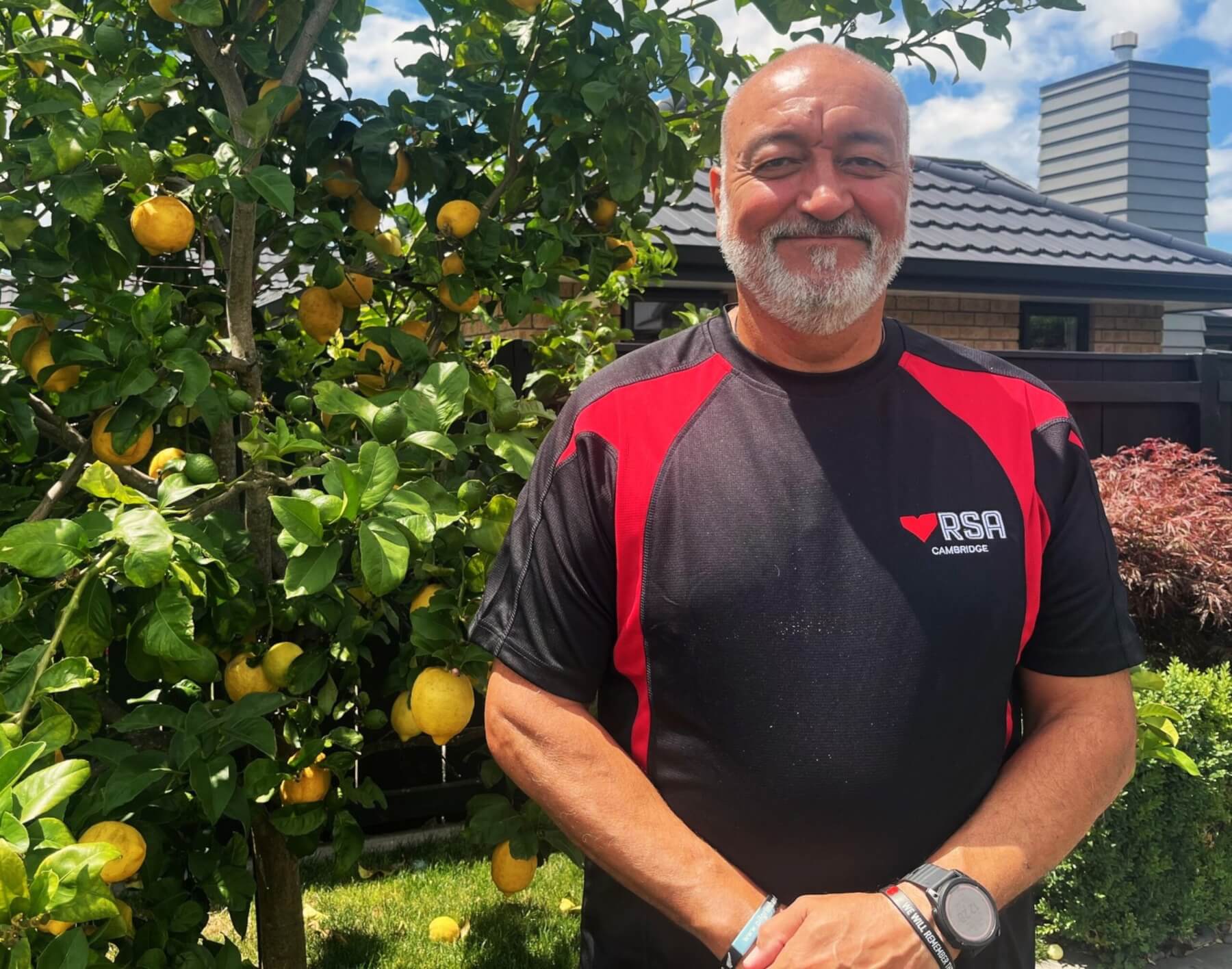
Cambridge RSA’s genial president, Tony Hill is months into his new role as one of two vice-presidents of the national body. Photo: Viv Posselt
In his time as president of the Cambridge RSA and district president for Waikato, King Country and Bay of Plenty – positions he still holds – Hill has reinvigorated the local RSA, streamlining its processes to deliver swift support to veterans when needed.
“I’m currently wearing all three hats, but they all dovetail,” he said. “If you have a good committee and people are team players, it just works. Our Poppy Trust is making a real difference in the lives of veterans and their families.”
Hill’s is one of the biggest RSA regions in the country, made up of 35 groups across the Waikato, King Country, Bay of Plenty, Thames Valley and Coromandel. As district president – one of eight in the county – his role is to advise the national board on the interests of local RSAs.
In January the association returned to Piopio as a sub-branch of Te Kūiti and Districts RSA after closing in 1987.
The sub-branch was following similar examples of the Te Kūiti branch, which meets in the Waitomo Club, the Ōtorohanga branch, which meets in the Ōtorohanga Club, and the Cambridge branch, which meets at D’Arcy’s Garden Restaurant, Club Lounge & Bar at Hidden Lake Hotel and Apartments.
By national standards, Cambridge is big. Its RSA has 188 members, 131 of them having seen service in the defence forces. Hill said having members who had never served wasn’t always the case; today they are seen as invaluable members of the team.
“We’ve had some great people joining us, people who really want to be part of the RSA.”
At national level, the RNZRSA is implementing a modernisation programme intended to broaden support of veterans and their families. It aligns perfectly with Hill’s regional approach.
The organisation was founded in 1916 to ensure New Zealand soldiers returning from the Gallipoli Campaign could share their experiences and access support. In the 108 years since, the RNZRSA has grown to encompass 180 associations and has more than 250 trained support advisors.
Each association (RSA) is an independent entity that follows national guidelines. It’s a complicated structure currently being reviewed to strengthen the relationship between the national body and local RSAs. What won’t change is the current structure that keeps assets and money belonging to each RSA within its community, or decisions by local RSAs to continue operating hospitality venues should they want to.
“A lot of RSAs are transitioning from the hospitality-centric model to focus on support for veterans and their families, and being good community citizens,” he said.
“We place strong emphasis on that, and on providing practical welfare where it’s needed.”
Hill said some RSAs struggling with falling membership are co-locating with other clubs and venues to ensure a more sustainable future.
Hill did more than 30 years with the New Zealand Army, serving as an officer with the Royal New Zealand Engineers. His military career covered multinational coalition operations to logistics, human resources and a diplomatic role. On leaving the military, he worked for a private firm based in the Middle East, seeing service in Kenya, Somalia and Yemen.
His three-year role as vice-president also calls on him to stand-in when required for the national president, Sir Wayne ‘Buck’ Shelford.




